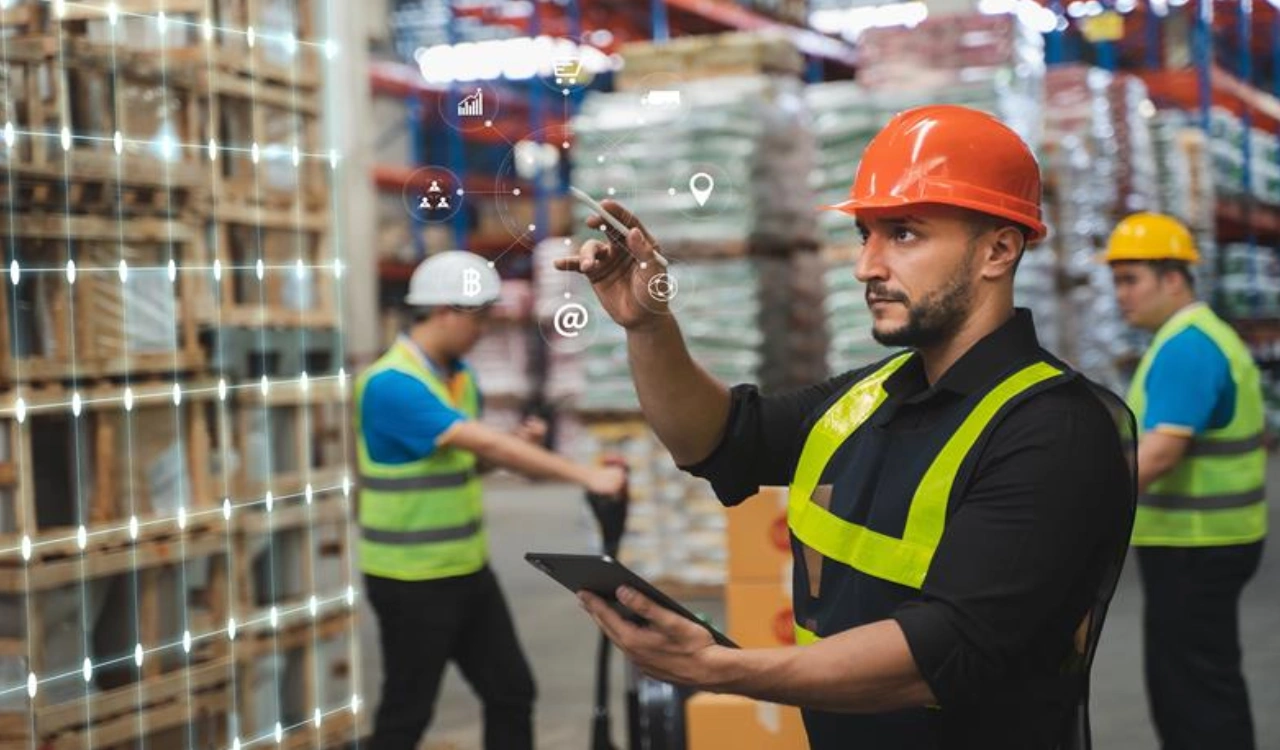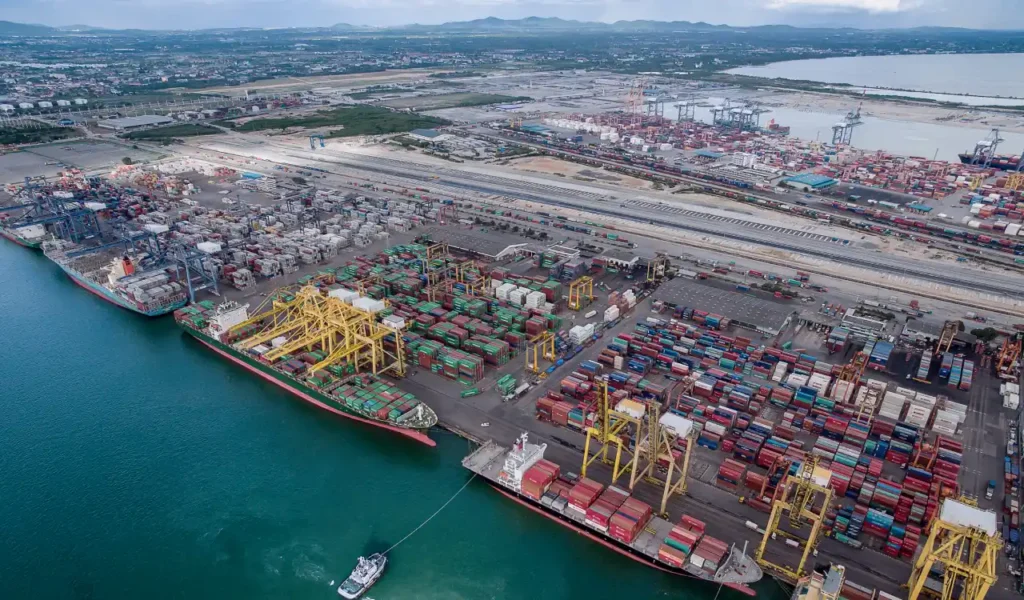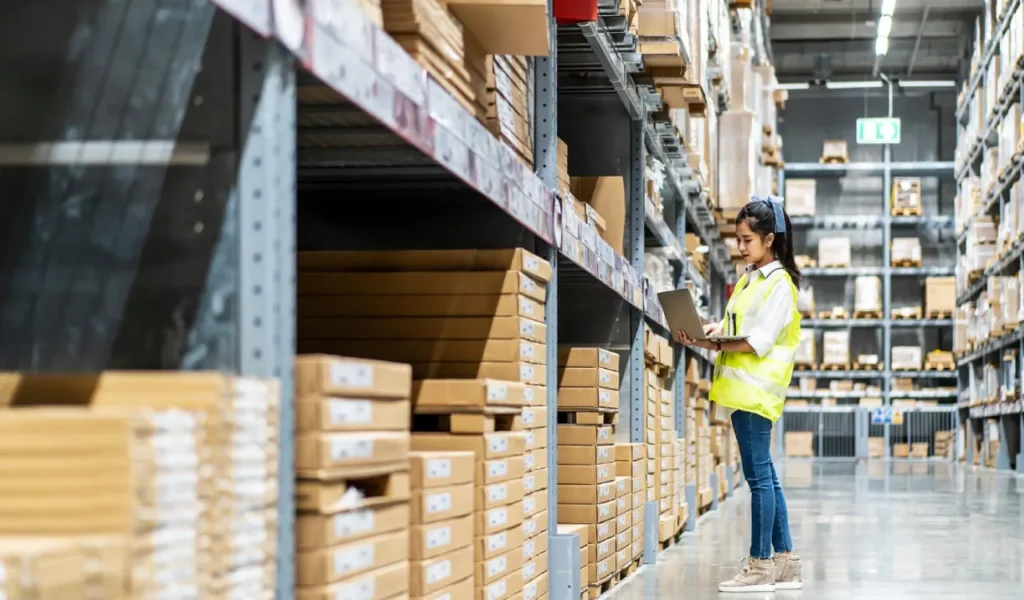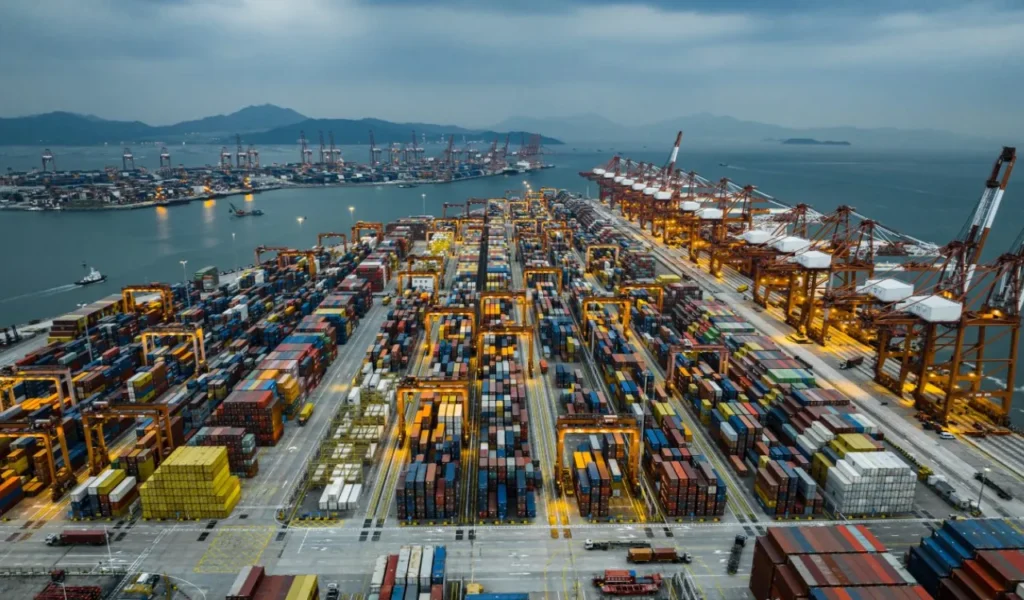Top Predictions for the Future of Supply Chain
- Introduction
- Ways we see AI reshaping supply
chain planning and operations
- AI transformation in Supply Chain KPI Reporting
- Cyber Defense Through Software Bills of Materials (SBOMs)
- Human-enhanced Gen AI for Customer Service
- Resilient, Distributed Supply Chains
- Use of Predictive Technology for Agility in Logistics
- Real-Time Decision Execution
- Sustainability and ESG Integration
- Other innovations are set to redefine supply chain management
- Conclusion

The 2020s marked an era where AI’s rapid evolution turned futuristic predictions into reality, from technology to industries and everyday life. As this transformative force continues to shape our world, businesses are facing new challenges, particularly in supply chains.
From growing political pressures to the need for more resilient production strategies, organizations must adapt quickly to stay competitive. Predicting future trends is crucial, as the ability to anticipate challenges and leverage emerging technologies like AI can significantly drive success and ensure staying ahead of competitors.
Here are four ways we see AI reshaping supply chain planning and operations:
AI transformation in Supply Chain KPI Reporting
By 2028, Gen AI models are expected to drive 25% of KPI reporting in supply chain.
This shift is particularly impactful within logistics, uncovering fresh value from data-rich environments. Imagine simplified, real-time insights without the need to manually pull data from various systems—Gen AI will streamline this process, making it your ultimate productivity partner.
Cyber Defense Through Software Bills of Materials (SBOMs)
Cyber Defense Through Software Bills of Materials (SBOMs)By 2026, 15% of supply chain software will incorporate SBOMs to combat cyberattacks.
What exactly is SBOM? Think of it as a detailed ingredient list for software—each component is cataloged, giving cyber defenders visibility into the entire codebase. With this granular insight, defenders can identify vulnerabilities no matter where a cyber threat originates.
Human-enhanced Gen AI for Customer Service
By 2027, enterprises using GenAI to support rather than replace human interactions in customer service will outpace those relying solely on AI.
Gen AI offers a promising solution to costly assisted services by enhancing—not eliminating—the human touch. Over-reliance on AI, however, can backfire, with risks leading to serious consequences. Which is why striking the right balance is crucial. Sure, GenAI chatbots can streamline support, but human oversight ensures accuracy and maintains the personal touch customers value.
Use of Predictive Technology for Agility in Logistics
By 2025, the integration of advanced analytics with AI is expected to optimize logistics processes by allowing more proactive responses to disruptions and improving both inventory and demand forecasting. This trend positions predictive technology as essential for logistics teams to remain competitive and agile.
Real-Time Decision Execution
By 2028, investments in real-time decision-making technology are projected to grow fivefold.
This capability depends on three interconnected elements:
- Access to end-to-end, real-time data.
- Analytical tools to process data on the fly.
- Systems that trigger immediate, automated execution.
Breaking free from legacy systems and leveraging AI, IoT, and augmented reality (AR) will become critical steps in achieving this transformation.
Sustainability and ESG Integration
According to industry leaders, 67% of chief supply chain officers (CSCOs) are now accountable for environmental and social KPIs.
By embedding Environmental, Social, and Governance (ESG) principles into decision-making, supply chains can align with legislative demands and consumer priorities.
For instance, adopting circular economy models, sustainable materials, and greenhouse gas emission tracking ensures long-term operational viability. As customers increasingly prioritize sustainable practices, businesses with robust ESG frameworks will lead the way.
Beyond these pillars, several other innovations are set to redefine supply chain management:
- The Rise of Resilience and Risk Management
Geopolitical upheavals and climate change are pushing organizations to prioritize risk management. Building resilient supply chains will be critical to navigating disruptions and maintaining business continuity. - Accelerated New Product Introduction (NPI)
Generative AI is streamlining NPI processes, enabling faster market entry for innovative products. This agility is becoming a competitive differentiator in a fast-paced global market. - Upskilling the Workforce
As technology adoption accelerates, the demand for digital skills—like AI, data analytics, and cloud computing—continues to grow. Future-ready supply chains will embrace flexible work designs and invest in Employee Value Propositions (EVPs) that foster innovation, autonomy, and purpose. - Composable Supply Chains
Built on modular architecture, composable supply chains allow businesses to develop, scale, and adapt individual components like workflows and technologies independently. This approach replaces rigid systems with flexible ones, enabling faster innovation, better resilience, and seamless responses to market changes or disruptions.
The roadmap for 2024 and beyond in supply chain technology is indeed exciting, with innovations poised to revolutionize the industry. However, how we choose to leverage these advancements will ultimately determine their success—whether they become a boon, or a bane remains to be seen.
As we look toward the future of supply chain technology, staying ahead of the curve will be key to new opportunities and risk mitigation.
At Syren, we specialize in AI-powered solutions designed to optimize supply chain performance, enhance decision-making, and deliver real-time insights. Ready to revolutionize your supply chain and stay ahead of competition?
Discover how Syren can help you leverage advanced analytics and cutting-edge technologies to stay competitive and resilient in a rapidly changing landscape.
Fill out the form below to connect with our supply chain experts & schedule a free demo!


